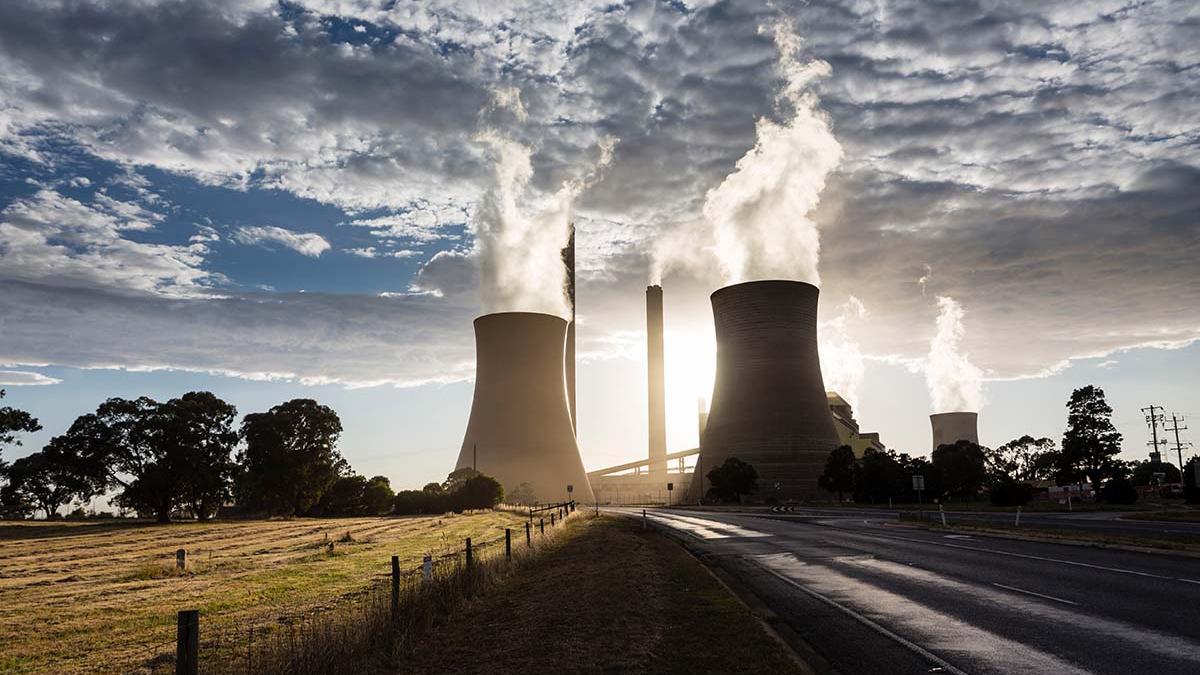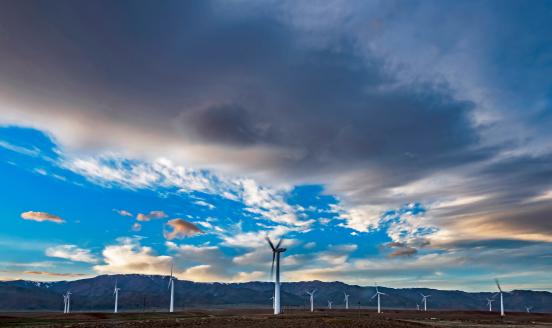Decarbonisation of the energy system
Given the size and urgency of the transition, the current knowledge infrastructure in Europe is insufficient.

Three quarters of the European Union’s greenhouse gas emissions stem from burning coal, oil and natural gas to produce energy services, including heating for buildings, transportation and operation of machinery. The transition to climate neutrality means these services must be provided without associated emissions.
It is not possible today to determine tomorrow’s optimal clean energy system, largely because the cost, limitations and capability developments of competing technologies cannot be predicted. Energy systems with widely diverging shares of ‘green fuels’, in the form of electricity, hydrogen and synthetic hydrocarbons, remain conceivable. We find the overall cost of these systems to be of the same order of magnitude, but they involve larger investments at different stages of value chains. A large share of synthetic hydrocarbons would require more investment outside the EU, but less in domestic infrastructure and demand-side appliances, while electrification requires large investment in domestic infrastructure and appliances. Current projections show an overall cost advantage for direct electrification, but projections will evolve and critical players may push hard for alternative fuels. Policy will thus play a major role in shaping this balance.
Political decisions should, first, push out carbon-emitting technology, primarily through carbon pricing. The more credible and predictable this strategy is over the coming decades, the smoother will be both divestment from brown technologies and investment in green technologies.
Second, policy needs to help ensure that enough climate-neutral alternatives are available in time. Clear public support should be given to three system decisions about which we are sufficiently confident: the massive roll-out of renewable electricity generation; the electrification of significant shares of final energy consumption; and rapid phase-out of coal from electricity generation. For energy services where no dominant system has yet emerged, policy should forcefully explore different solutions by supporting technological and regulatory experimentation.
Given the size and urgency of the transition, the current knowledge infrastructure in Europe is insufficient. Data on the current and projected state of the energy system remains inconsistent, either published in different places or not at all. This impedes the societal discussion. The transition to climate neutrality in Europe and elsewhere will be unnecessarily expensive without a knowledge infrastructure that allows society to learn which technologies, systems, and polices work best under which circumstances.
This Policy Contribution was written building upon a study prepared for the European Parliament’s Committee on Economic and Industry, Research and Energy (ITRE), available here.



